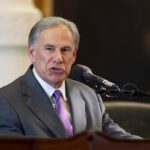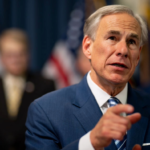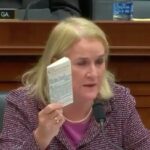The Texas Senate Committee on State Affairs advanced a bill that would regulate the sale of hemp-derived products while banning intoxicating consumables containing any form of THC, the psychoactive component of cannabis. The measure mirrors SB 3, vetoed by Governor Greg Abbott (R) in June, but incorporates elements the governor suggested in his veto message.
Senator Charles Perry (R), who sponsored the original hemp legislation, is carrying the new bill, SB 5, in the special session. The bill would permit the sale of non-intoxicating hemp consumables like CBD and CBG, as well as oil, seeds, and protein powder, but under tighter restrictions.
“If you get high from the product, it is illegal,” Perry said.
Governor Abbott’s June veto of SB 3 took many in the Capitol by surprise, including Lt. Governor Dan Patrick (R).
At a press conference following the veto, Patrick said, “I know he gave the reasons in his proclamation, but our team simply doesn’t agree with those reasons.” He added, “I will not sign a bill that legalizes marijuana in Texas. I will not gavel it down.”
Abbott, however, raised legal concerns in his veto statement, pointing to litigation in Arkansas over similar legislation.
“At worst SB 3 would be permanently invalidated by the courts; at best, its implementation would be delayed for years,” Abbott wrote. Notably, two days later, the 8th Circuit Court of Appeals ruled in favor of the state of Arkansas, lifting an injunction that had blocked its THC ban.
Despite his veto, Abbott laid out a path forward, advocating for a “strict, fair, and legally sustainable” system that limits potency, sets a minimum purchase age of 21, and enforces rigorous production and labeling standards.
The Senate State Affairs Committee unanimously advanced SB 5 after several hours of testimony. The House hasn’t filed new legislation on the issue yet, but during the regular session, lawmakers passed a bill that first mirrored Abbott’s regulatory vision before amending it to match the Senate’s full THC ban.
Whether Abbott would sign another blanket ban or issue a second veto remains unclear. If lawmakers remain divided, another special session could be on the horizon.












